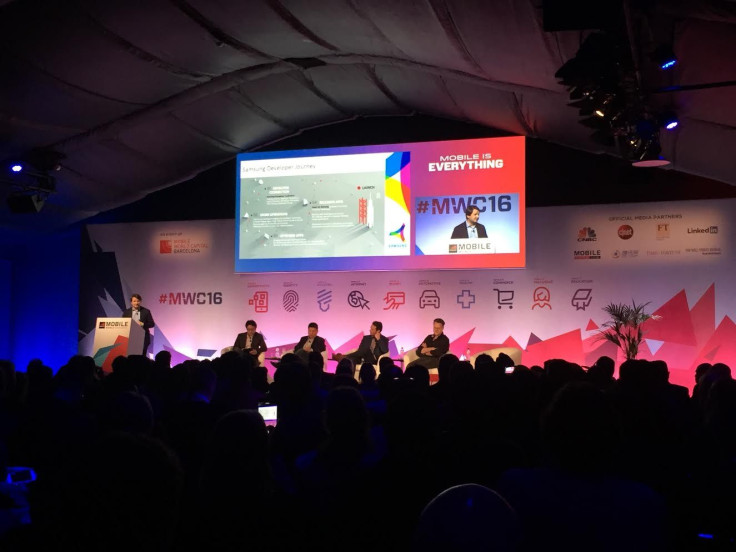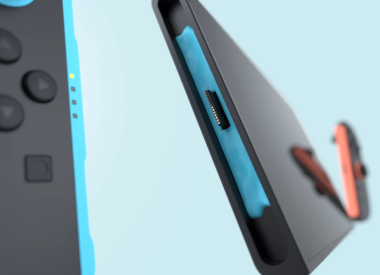The future of virtual reality is palpable. It’s happening this year, but where the trend goes beyond 2016 is up for much debate. During “The VR Opportunity” forum at Mobile World Congress in Barcelona Tuesday, industry leaders in the VR field discussed a positive, yet different future with VR.
“VR is on every part of the (MWC) floor,” Jefferson Wang, senior partner at IBB Consulting, and moderator of the forum, said Tuesday. “It’s nice to see people are really thinking about this in the near-term.”
Samsung, who just announced the Gear VR works seamlessly with its newly announced Gear 360 camera and Galaxy S7, sees the user as the content creator. It sees the phone as a tool to enhance VR.
Edward Tang, co-founder and CEO of Avegant, said the future is not in LCD or OLED based headsets. “We think that screen-based technology has a limited future,” Tang said at MWC.
He said the future of VR is with retinal displays, which he says produce sharper images, low latency and a better refresh rate for consumers.
Avegant showcased it headset, called the Glyph, at CES in January. It’s a headset that uses light to project images on millions of mirrors for each eye. The device is very mobile, as it can be worn as a headset to be your own personal theater or it can be used as a pair of high-quality headphones.
Arthur van Hoff , CTO & Co-Founder of Jaunt (A VR production company in Silicon Valley) said the future of VR rests on entertainment. He said devices like the Oculus Rift, HTC Vive and PlayStation VR are great devices, the market for VR is not in gaming. He said the brightest future for VR comes from “cinematic VR entertainment.
“Cinematic VR Entertainment is a much bigger market (than gaming), especially if you can deliver it to mobile,” Hoff said at MWC.
He said this is due to the barriers to entry with gaming VR experiences. Many require powerful PCs, expensive games and a lot of content to make it worth it. Entertainment, he said, is much closer to fulfilling its VR potential.
Samsung’s VP of Emerging Platforms Mihai Pohontu disagrees. He said gaming companies are already better situated to make money off VR, which is the No. 1 issue for the industry today.
He said gaming companies could leverage their existing brands, mobile games, etc to subsidize their VR ventures. Pohontu also said he thinks it’s gaming that will turn people into fans of VR
“Somebody that has never experienced VR, they slip on that headset, interact with that game … they will be absolutely convinced,” Pohontu said at MWC. “There’s a role for every single type of device in the market. I think diversity of (VR) options is very healthy for the industry and VR as a medium.”
Myles McGovern, CEO of Immersive Media, said the future of VR is the beginning of something much greater than virtual reality, like AR.
“It’s putting an immersive experience in people’s hands,” McGovern said at MWC. “It’s not just about a headset, it’s how they are going to start to interact with an experience.”
While attendees disagreed with the direction of VR, it is hard to deny the technology has the full attention of the industry. At MWC most major phone companies, including Samsung, HTC, LG, Alcatel, all unveiled or updated their popular VR headsets.
Stay with iDigitalTimes for continued coverage of VR and follow along with us live for the duration of MWC in Barcelona.

















